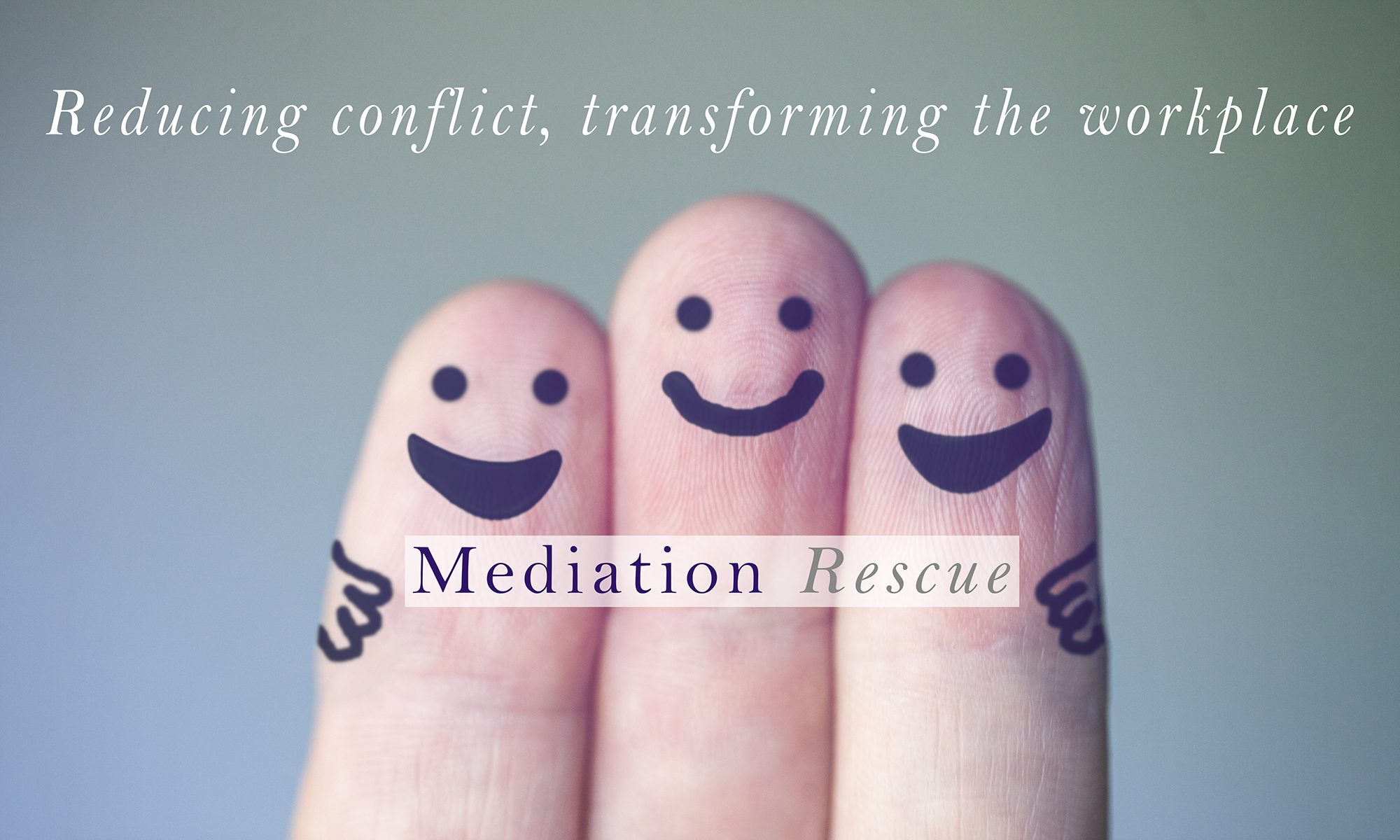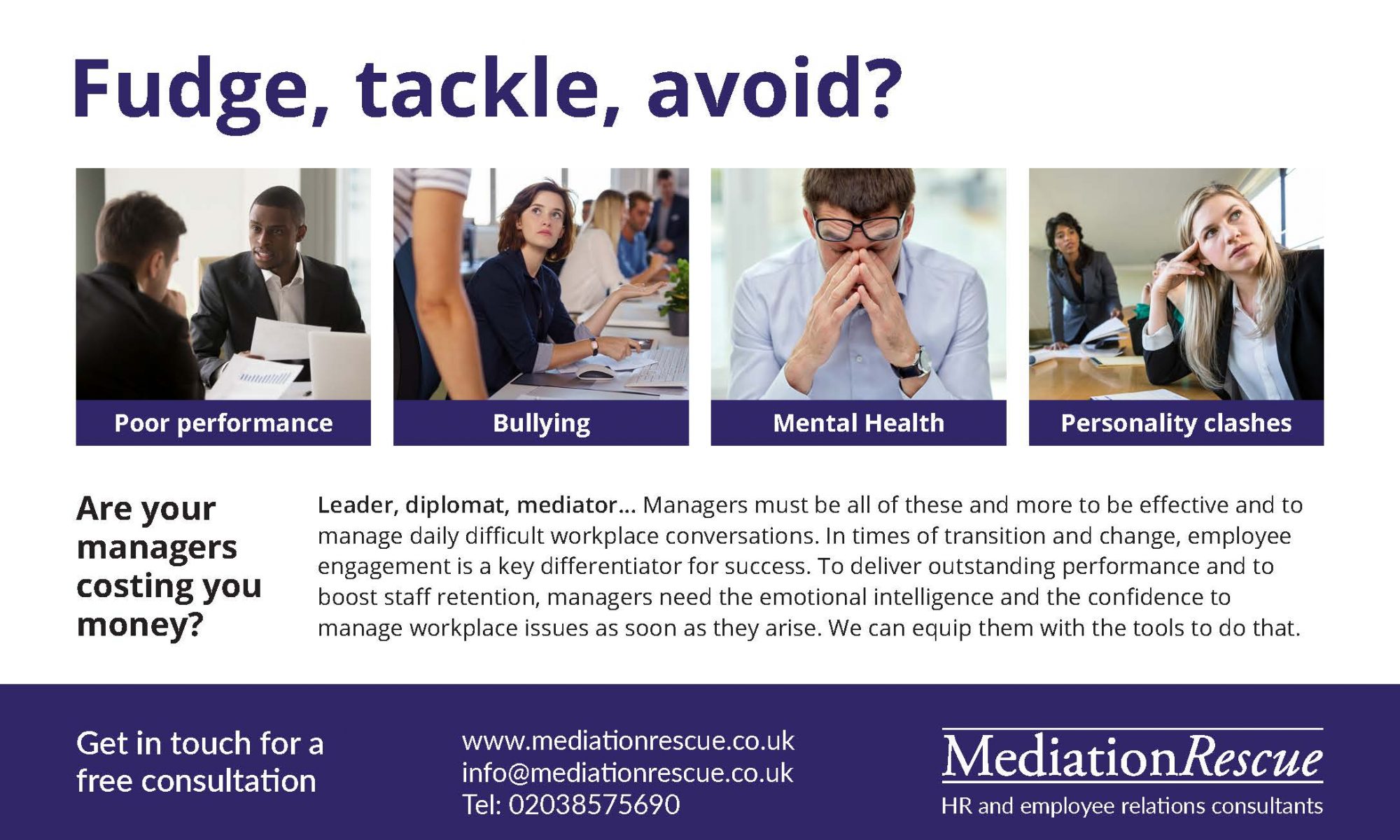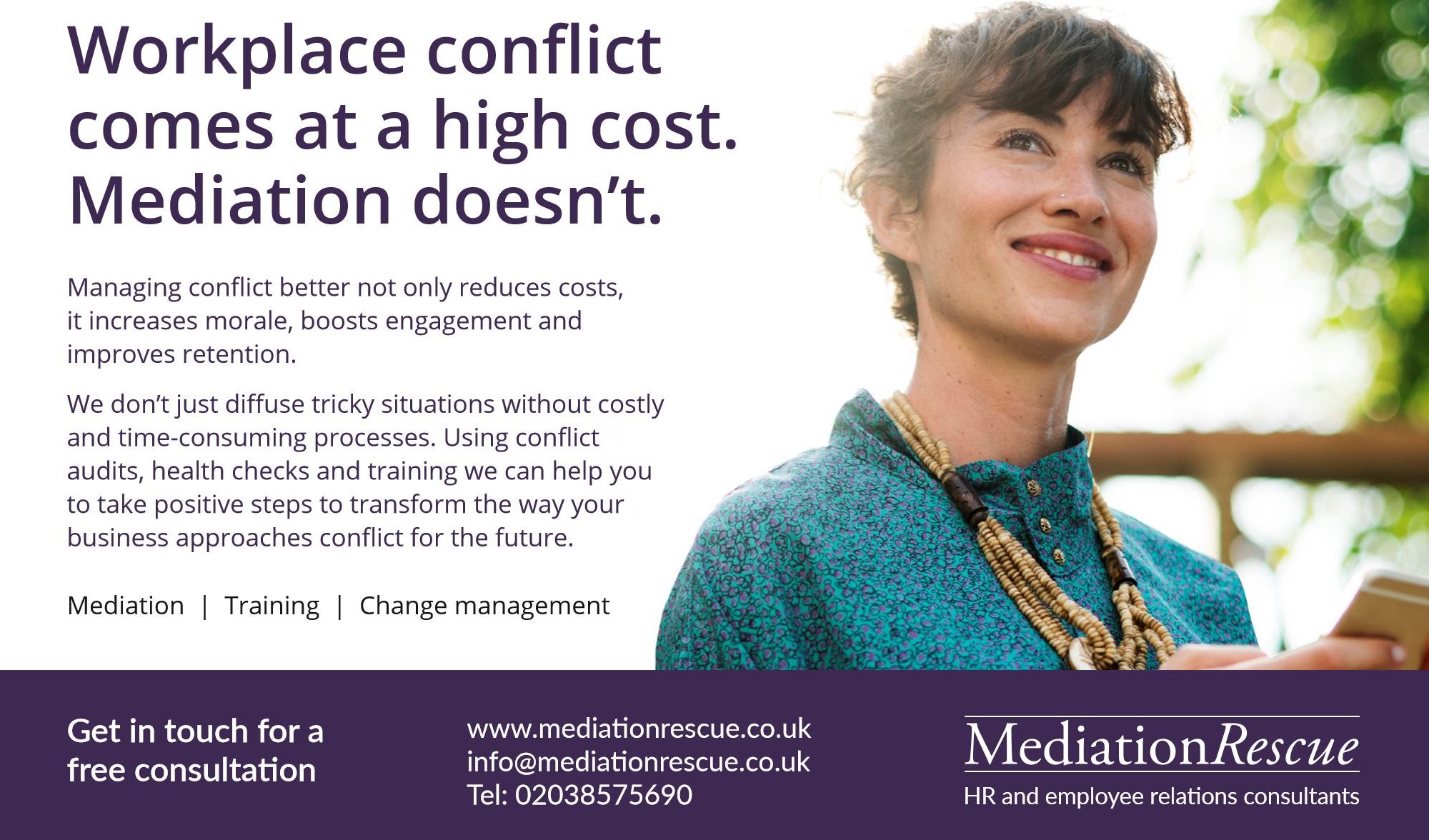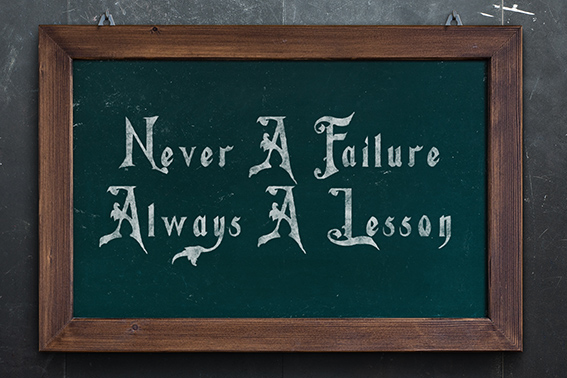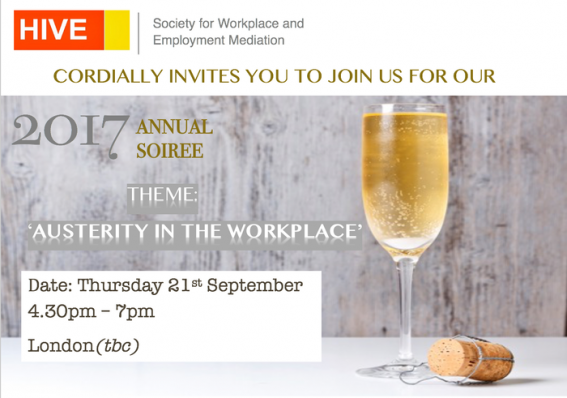Workplace conflict is inevitable and takes many forms, from subtle, passive aggressive undermining, through a whole spectrum of behaviours up to full-on verbal or even physical confrontation.
How well do you manage those different types of conflict where you work? How well do those around you manage their conflict? When you spot a potential issue do you roll your sleeves up and tackle it head on or are you more inclined to fudge it in some way without really resolving the problem or do you avoid dealing with it, hoping the problem will resolve itself?
Whichever approach you take, if you are honest with yourself, the chances are that you feel you could do better and should try to find more effective resolutions. You have probably received a lot of training as to how to do your job. It is less likely that you or your colleagues have had much targeted training in how to manage conflict in your working relationships or in the relationships of those around you, whether direct reports, your co-workers or even your bosses.
There are a number of core skills that you will need to master to manage workplace conflict better: Continue reading “Dealing with conflict: Fudge, tackle, avoid?”
